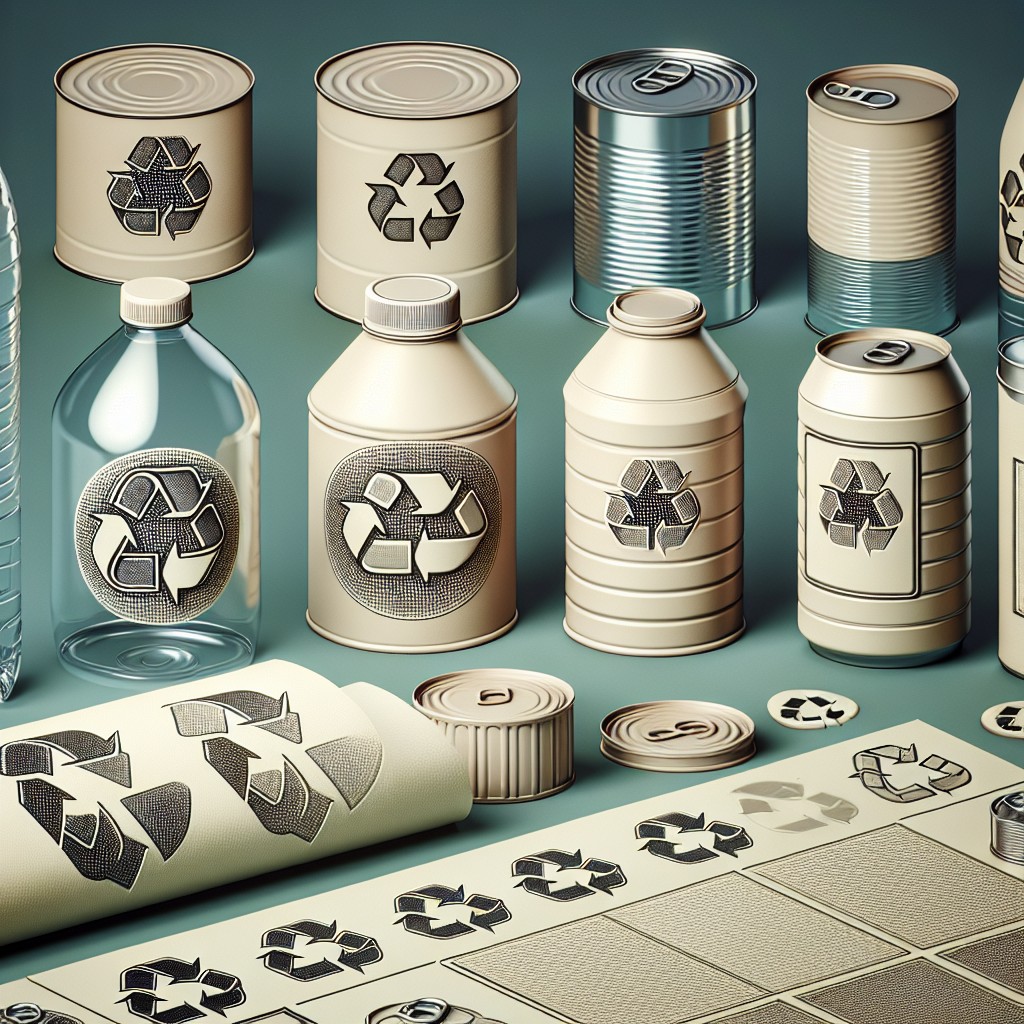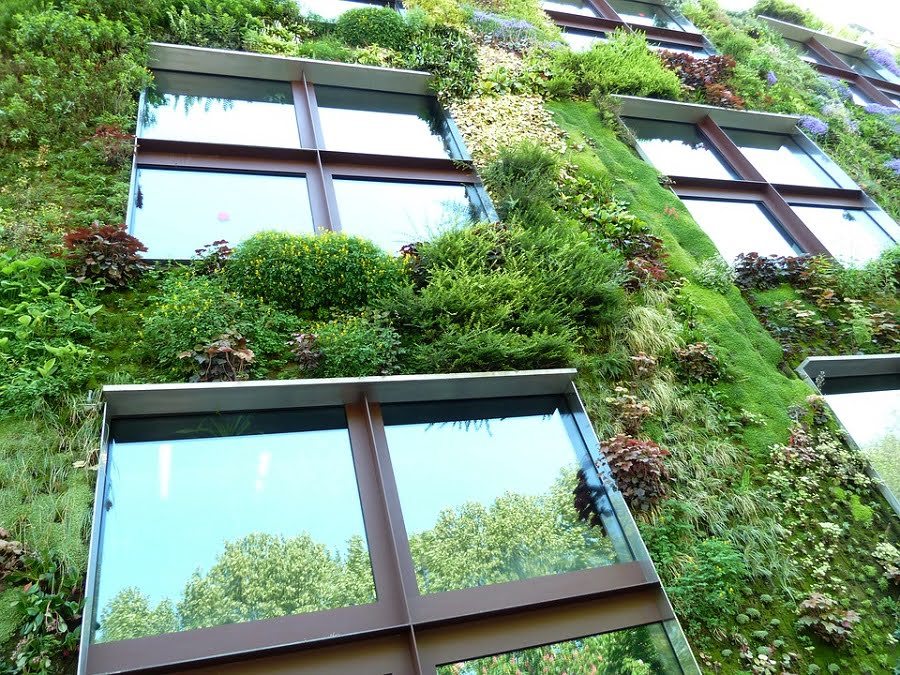Last updated on
Discover the steps to recycle your Brita filter effectively and contribute positively towards a sustainable environment.
Key takeaways:
- Dry the Brita filter before recycling to prevent mold
- Collect at least five pounds of Brita products before recycling
- Separate and recycle the plastic casings, carbon particles, and ion exchange resin
- Explore alternative ways to reuse Brita filters, such as in gardening or crafting
- Recycling Brita filters contributes to the circular economy and reduces waste
Preparing Your Filter for Recycling
To ensure your Brita filter is ready for recycling, dry it out for at least three days. This step is crucial because it helps prevent the growth of mold and reduces the moisture content, which is necessary for the recycling process.
After it’s dry, gently remove excess sediment or particulate matter that may have accumulated. Check that all water has been completely drained from the filter to avoid any leakage during transport.
Remember, proper preparation is key to a successful recycling process and plays a significant role in facilitating the efficient breakdown of materials for future use.
Shipping Your Filter to TerraCycle
Once you’ve collected a minimum of five pounds of used Brita products, which could include filters, pitchers, bottles, faucet systems, and packaging, it’s time to box them up for TerraCycle. This weight requirement ensures the environmental impact of shipping is offset by the benefit of recycling the items.
Use any old box you have—there’s no need to buy new. This not only saves you money but also aligns with the environmentally friendly ethos of the program. Just ensure that the box is secure and sturdy to prevent any damage in transit.
TerraCycle requires a special shipping label which you can acquire at no cost by signing up for the Brita Recycling Program online. Once you’ve logged in and printed your label, attach it securely to the box.
As you prepare to send off your package, keep in mind that standard shipping rules apply. You can drop the box at a UPS location or schedule a pickup, ensuring it enters the recycling stream efficiently. Be proud that your effort contributes to reducing landfill waste and supports the circular economy.
Recycling At a Plant
After the filters have made their journey to the recycling facility, they embark on a transformative process. The disassembly of filters is the first crucial step. Workers at the plant separate plastic casings, mesh, carbon particles, and ion exchange resin. These separated materials then find new life through various recycling streams.
The plastic components, once cleaned, are shredded and repurposed into new products. It could be anything from playground equipment to storage containers, demonstrating the versatility of recycled plastics.
Meanwhile, the activated carbon, often used in filters for its ability to adsorb contaminants, can be regenerated. This involves a thermal process that cleanses the carbon of trapped pollutants, allowing it to be reused in other filtering applications or even as an additive in fuel production.
Ion exchange resin, another key filtration material, is also recyclable. After processing, it can aid in water softening or be utilized in industrial applications.
Understanding the complexity of recycling at the plant underscores the importance of proper disposal. Every piece of a Brita filter has a potential second life, and advanced recycling techniques make it possible.
Alternative Ways to Recycle
While TerraCycle’s partnership with Brita provides a direct route for recycling used filters, there are additional, creative methods to extend their usefulness. Some gardening enthusiasts have discovered that these filters, once dry, can be crushed and mixed with potting soil to improve aeration and water retention. This reutilization repurposes the filter material in an eco-friendly manner that benefits plant health.
Crafting is another avenue worth exploring. The plastic casings of Brita filters can be transformed into small planters for herbs or succulents, bringing a touch of green to your living space while reducing waste. For community-focused individuals, collaborating with local schools or art programs can result in the filters being upcycled into educational materials or art projects, fostering sustainability awareness.
Finally, consider reaching out to local recycling facilities to inquire about their capacity to handle the complex composition of water filters. Some may have the technology to separate and process the materials, particularly if there is a local ordinance that supports this form of recycling.
What Will Happen to the Filters?
Once the filters arrive at the recycling facility, they undergo a thorough separation process. The plastic components are sorted and shredded into raw material that can be molded into new recycled products.
Filtered contaminants, such as sediments and absorbed pollutants, are safely removed and disposed of following environmental regulations. The carbon inside the filters, often derived from coconut shells, is repurposed for use in various industries, for instance, as an additive in plastic manufacturing for increased durability.
By recycling these components responsibly, we not only divert them from landfills but also contribute to the circular economy, where materials are continuously put back into service, minimizing waste and resource consumption.
FAQ
Is Brita filter recyclable?
Yes, Brita filters are recyclable through the Brita® Free Recycling Program.
How do I dispose of Brita water filter cartridges?
You can recycle used Brita water filter cartridges by depositing them in designated collection boxes located at major retailers such as Sainsbury’s, Robert Dyas, Tesco, and numerous independent stores.
Can water pitcher filters be recycled?
While specific recycling programs may vary, generally, the filter media inside water pitcher filters should ideally be disposed of via municipal solid waste or recycled if a facility exists, while the outer shell should be discarded in regular trash.
When should I throw out my Brita filter?
Your Brita filter should be replaced every 40 gallons or approximately every 2 months, however, if your water is hard, filter replacements may be needed more frequently.
What materials in Brita filters make them suitable for recycling?
Brita filters are suitable for recycling because they contain materials like activated carbon, ion-exchange resin, and plastic—all of which can be repurposed if properly processed.
Does Brita offer any recycling programs or initiatives for their products?
Yes, Brita does offer recycling programs for their products, partnering with TerraCycle to repurpose used filters, pitchers, bottles, and dispensers into new products.
What are the environmental impacts of not properly recycling Brita filters?
Not properly recycling Brita filters contributes to plastic waste accumulation, which can harm wildlife, leak harmful chemicals into the earth, and contribute to greenhouse gases.
Related reading:
Table of Contents

